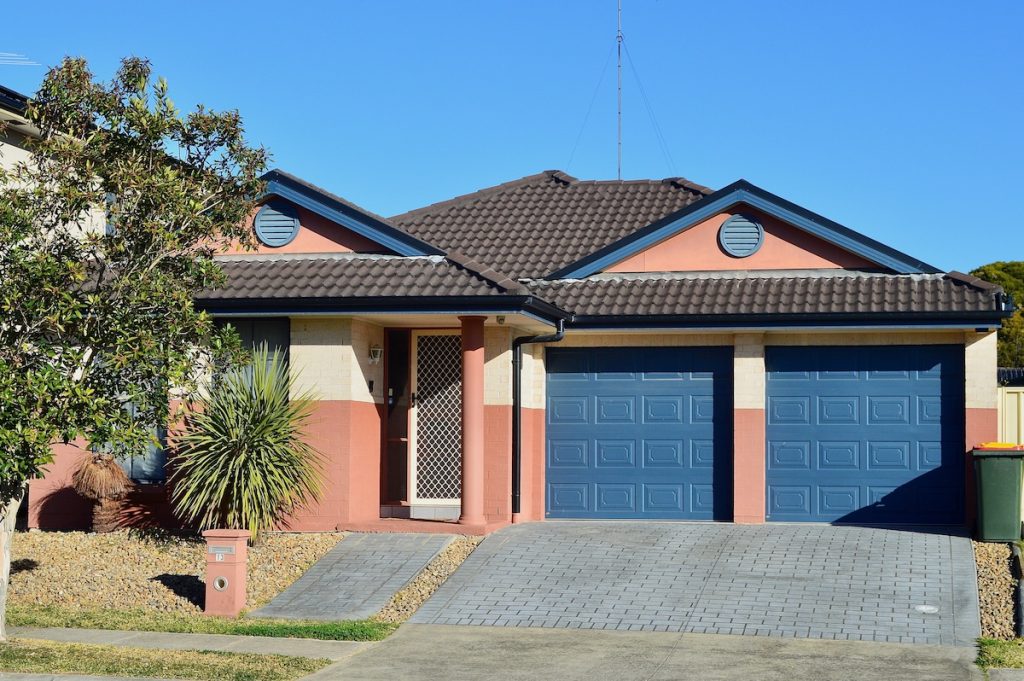
Timing is everything when it comes to sealing your driveway. The weather on the day you seal your driveway plays a huge role in the final result. Here’s how weather affects driveway sealing:
- Too Hot or Too Cold: When sealant dries too quickly due to heat, it doesn’t have enough time to properly adhere to the asphalt surface and can become brittle and weak. If it is too cold, the curing process slows down dramatically or stops altogether making the sealant soft and more vulnerable to damage.
- Rain: Rain is the number one enemy of driveway sealant. The driveway must be totally dry before you start sealing to ensure that the sealant bonds properly. It also must not rain for at least 48 hours after you seal your driveway so that the sealant isn’t washed away.
- Humidity: High humidity slows down the evaporation of water from the sealant which extends the time needed for the sealant to cure. If the air is already saturated with moisture, the water in the sealant has nowhere to go.
